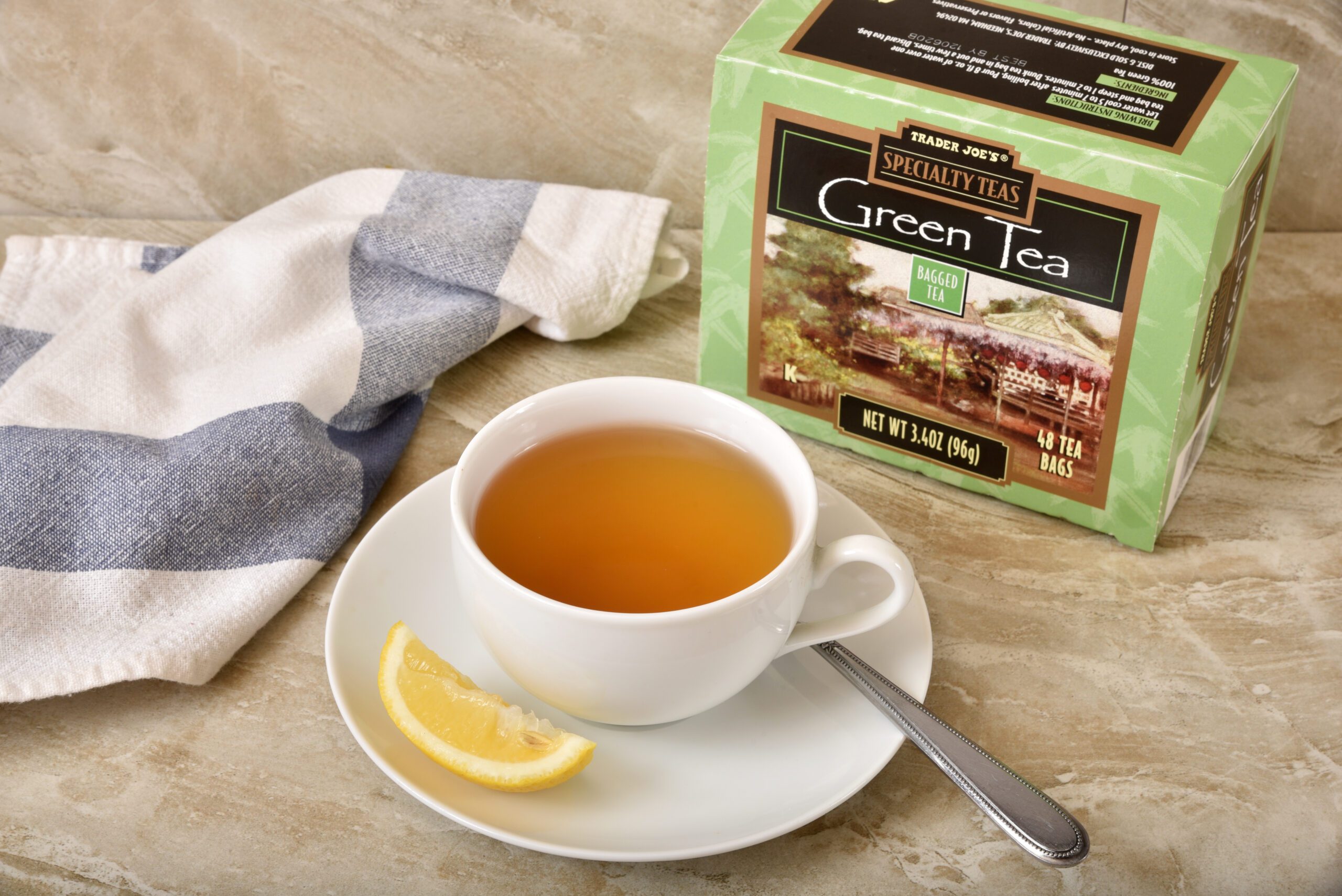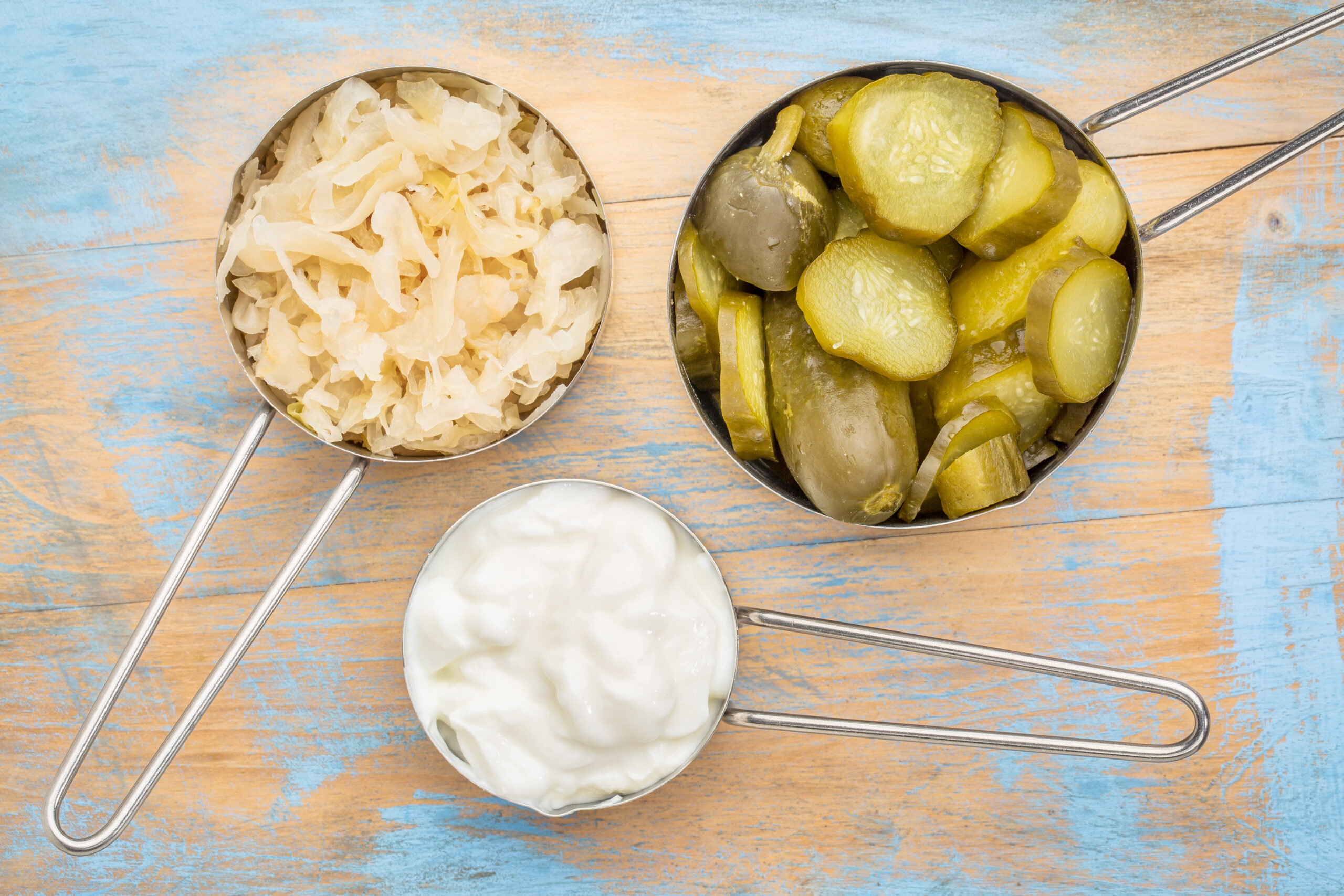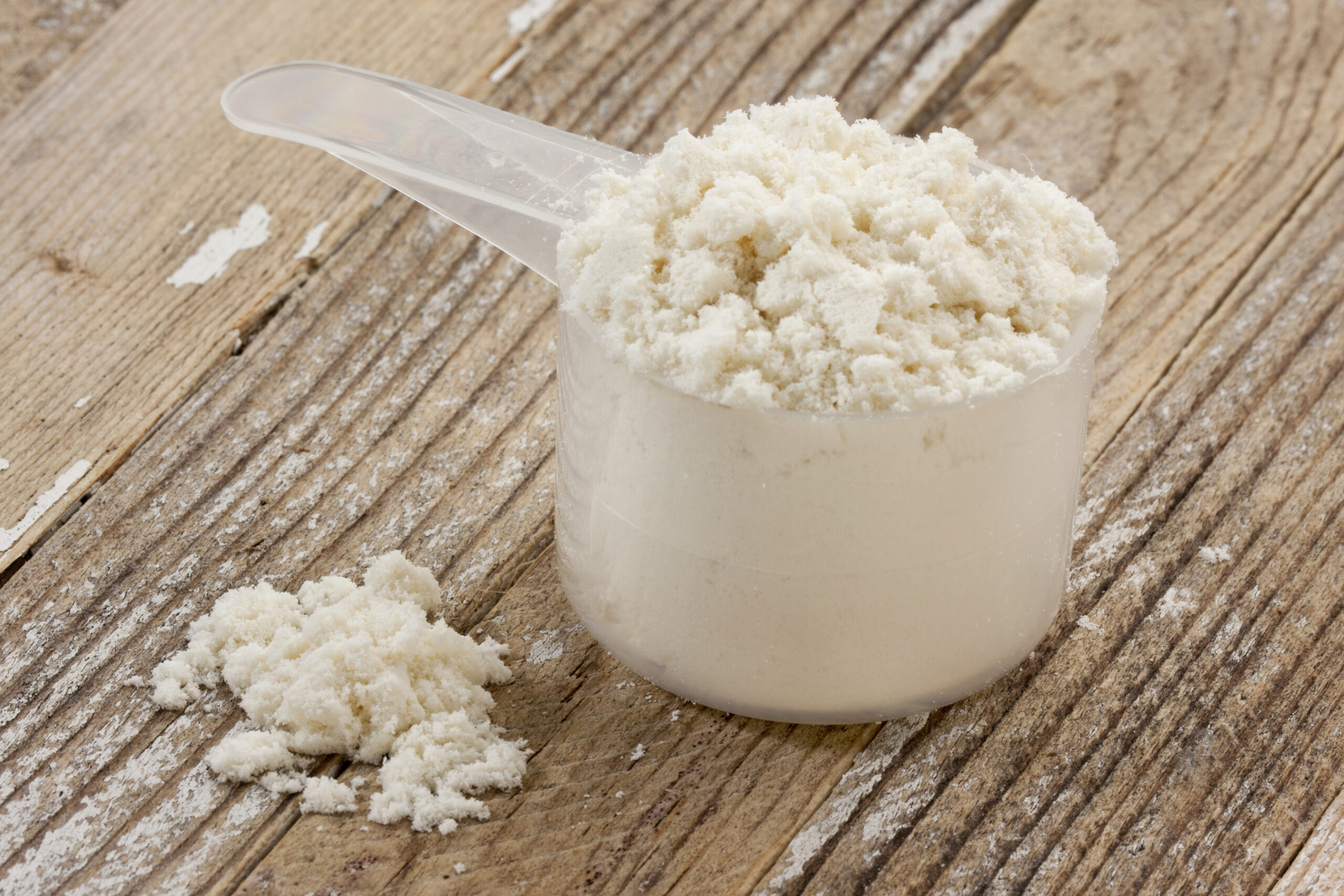Green tea has been a cornerstone of traditional Chinese and Japanese medicine for centuries. Revered for its ability to promote vitality, clarity, and long life, this humble leaf has long been associated with good health.
Today, green tea is a wellness staple in the West too, although not everyone wants to brew and sip it daily. Enter the supplement aisle: capsules, powders, and extracts promising all the benefits in a quick, convenient form.
But do those pills actually measure up to a freshly brewed cup?
Let’s have a look.
What Are the Supposed Benefits of Green Tea?
Green tea is often touted as a super-drink with claims ranging from credible to exaggerated.
Claims supported by science:
- Antioxidant protection: Green tea is rich in polyphenols like EGCG, which help neutralise free radicals and reduce oxidative stress.
- Metabolic support: Some studies show green tea can modestly boost fat oxidation and increase energy expenditure.
- Cardiovascular health: Regular consumption is linked with improved cholesterol levels and lower blood pressure.
- Brain benefits: L-theanine promotes relaxation without drowsiness and may work synergistically with caffeine to improve focus and calm.
Claims still under investigation:
- Anti-cancer claims: Early lab research is promising, but human studies are inconclusive.
- Longevity: There are associations, but more research is needed to establish causation.
Claims largely overstated or unproven:
- Detox effects (your liver already detoxes well on its own)
- Spot-reducing belly fat (no food or drink can do this in isolation)
The Science Behind the Green Brew
Green tea’s power comes from a mix of bioactive compounds, not just one miracle molecule. The three stars are:
- EGCG (epigallocatechin gallate): The most studied catechin, known for its antioxidant, anti-inflammatory, and metabolism-boosting effects.
- L-theanine: An amino acid that calms the nervous system, smooths out caffeine jitters, and may help with focus.
- Polyphenols: A broad group of plant compounds that reduce inflammation and support cell repair.
When consumed as a brewed tea, these compounds interact with each other (and with your body) in a way that supports optimal absorption. For example, L-theanine can temper caffeine’s stimulating effects, creating a state of calm alertness. The liquid form also supports hydration and engages your digestive system in a more gradual, natural way.
It’s also worth noting that green tea is naturally rich in caffeine, which is itself a known appetite suppressant. This can make green tea a helpful part of a broader weight management strategy, especially when combined with the calming, cortisol-lowering effects of L-theanine.
So how much do you need? Most studies suggest 2–4 cups of green tea per day to see notable benefits for fat burning, blood sugar regulation, or antioxidant protection.
What About Green Tea Supplements?
So, can a capsule capture all that?
Sort of, but not quite.
Yes, supplements can deliver some of the active compounds, especially EGCG. But the concentration varies widely between brands. A high-quality supplement might contain the EGCG equivalent of several cups of tea, while a cheap one might barely register.
There’s also the issue of bioavailability. When you isolate compounds like EGCG, they may not absorb or work as well without their natural co-factors (like the other polyphenols and L-theanine in whole tea). Some supplements are poorly absorbed or pass through your system without much effect.
And then there’s safety. In high doses, concentrated green tea extracts have been linked to liver toxicity — particularly when taken on an empty stomach or over long periods without supervision. These risks are heightened with poorly regulated supplements that lack third-party testing, and can be even more dangerous when combined with other stimulants or medications.
Ultimately, the less processed your health habits, the better. A whole cup of tea is a natural, balanced, and hydrating way to enjoy the benefits. Green tea supplements are a heavily processed shortcut — sometimes useful, but not a daily replacement.
When might they help?
- You’re travelling and can’t access high-quality tea
- You’re using it for a specific therapeutic goal under medical guidance
- You genuinely dislike the taste of green tea and won’t drink it otherwise
Another point: green tea supplements often contain caffeine but without the balancing presence of L-theanine found in whole tea. So while it may help curb appetite, it can also lead to more intense jitters, anxiety, or crashes.
If you do go the supplement route, make sure it’s standardised for EGCG, third-party tested, and preferably includes L-theanine or other full-spectrum components to mimic the natural synergy found in brewed tea.
Verdict — Sip or Supplement?
For most people, the answer is simple: drink the tea.
A brewed cup of green tea offers more than just EGCG. It hydrates, contains naturally balanced levels of caffeine, and delivers a synergistic blend of beneficial compounds. It also encourages ritual and mindfulness — something no supplement can replicate.
Supplements can be useful in some contexts, but they’re not a magic pill. Think of them as a backup, not a replacement.
So if you want the real glow-up? Stick the kettle on.



